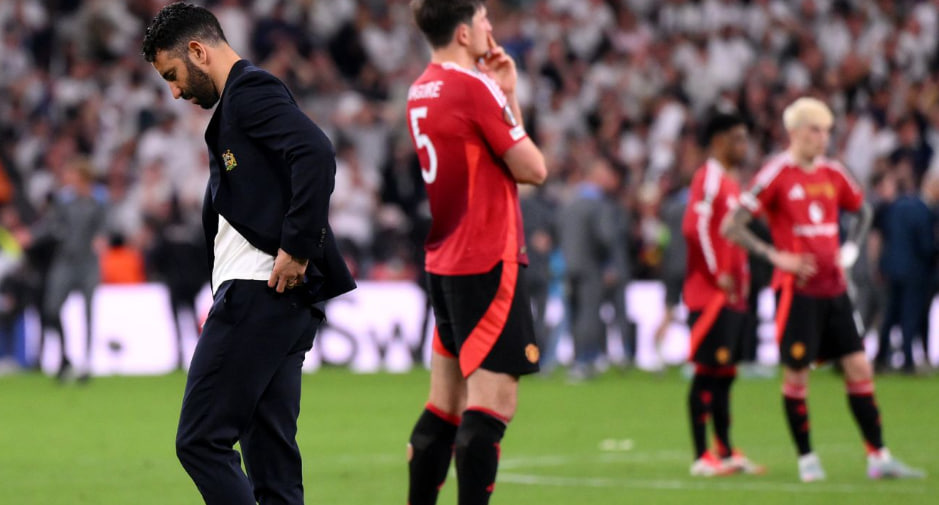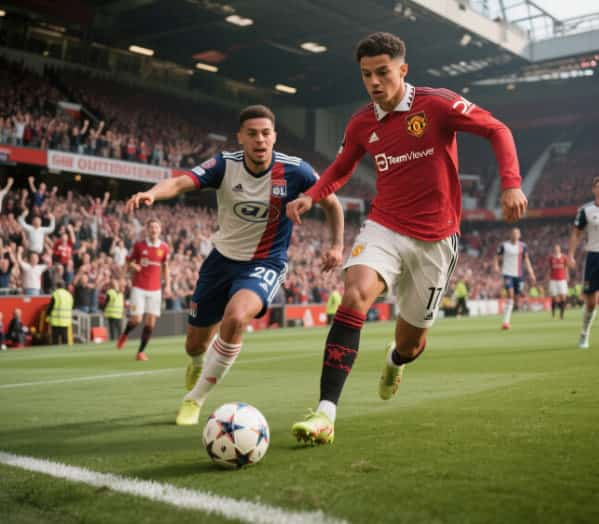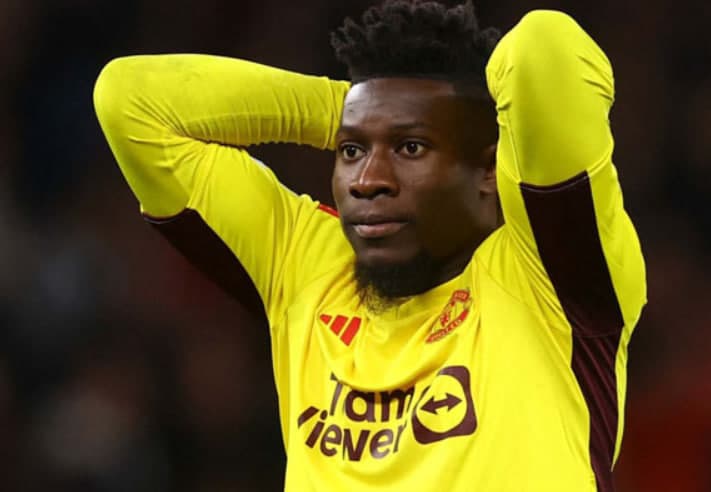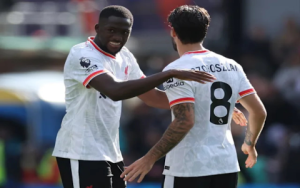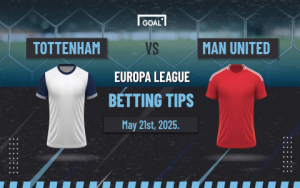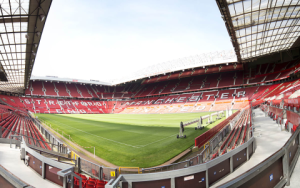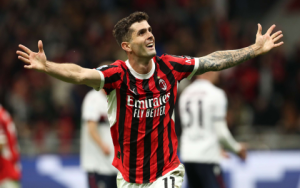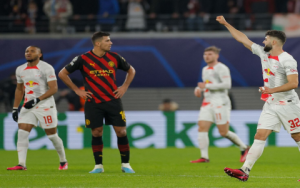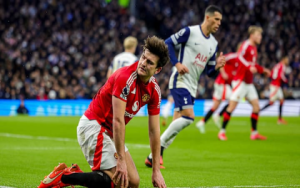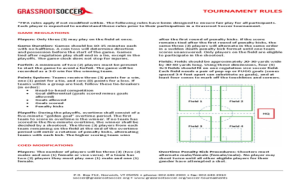If you’re a soccer fan, you might ask yourself: Why do I like a team? Is it because they perform well? Or is it because they have history, culture, and personality?
For many people, there are two main reasons for liking a soccer club: one is visible, such as the color of the team uniform, the design of the team crest, and the names of the players; the other is invisible, such as the spirit, tradition, or a special feeling that the team represents.
For example, some fans don’t support a team because it’s particularly strong, but because they really like a certain coach. Take Mourinho, for example. He has coached Chelsea, Inter Milan, Manchester United, and even Fenerbahçe in Turkey. Some fans support those teams simply because he worked there. But once Mourinho leaves, their enthusiasm gradually fades.
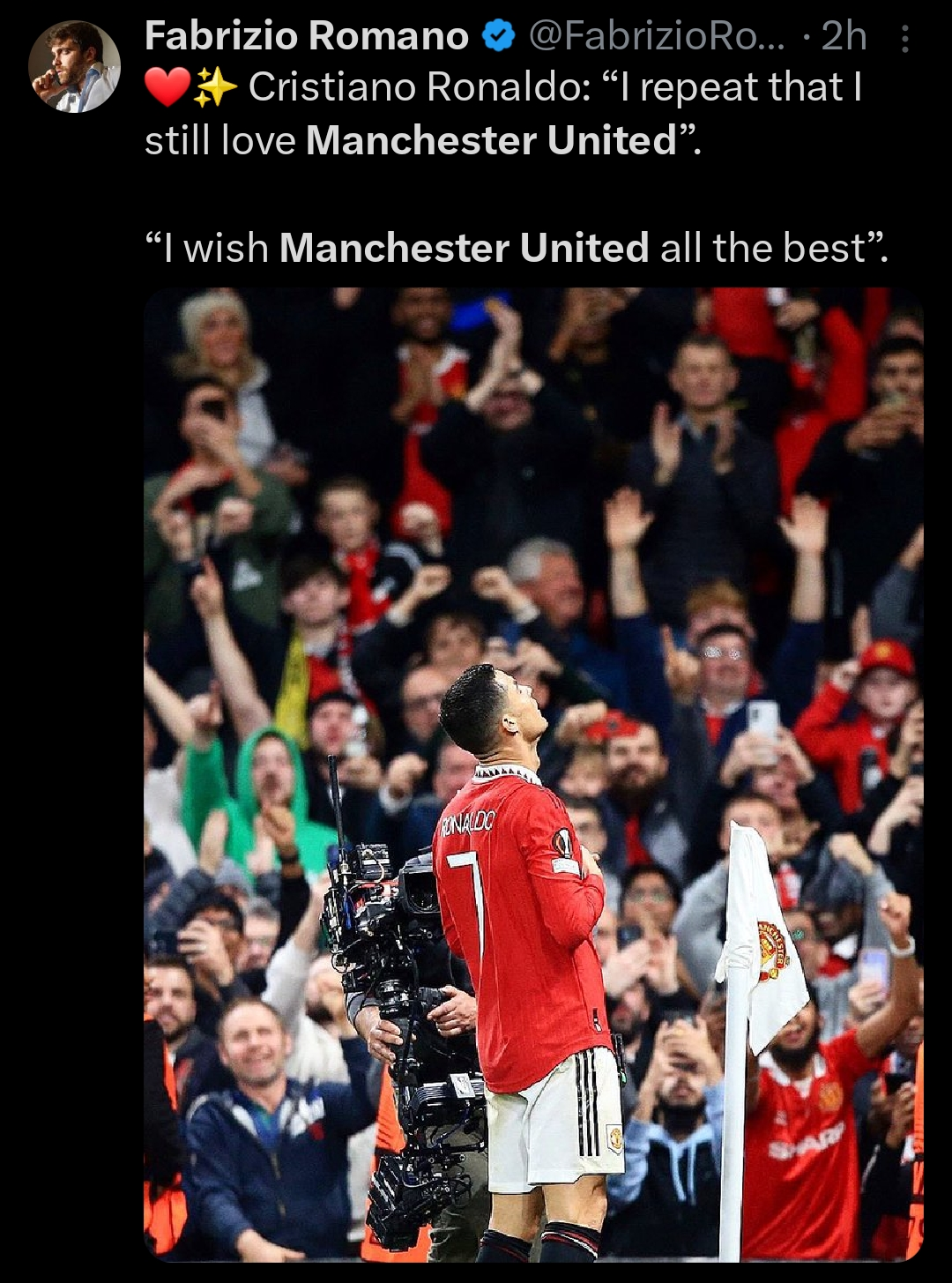
But more people like a team because it gives them a sense of belonging. For example, Real Madrid fans like Real Madrid not because it is the only team in Madrid, but because Real Madrid represents a sense of “royalty” — it has a long history and has won many championships, especially European championships. This sense of honor makes them proud.
Another example is Athletic Bilbao in Spain, whose fans are mostly from the Basque region.They love this team not because of how many trophies it has won, but because it is a symbol of their own culture. Even if the team does not perform as well as Barcelona or Real Madrid, they are still willing to cheer for it.
So the question is: Are there still many people who like Manchester United? The answer is yes. Although Manchester United has not performed well in recent years, it is still one of the football clubs with the most fans in the world.
Since 2013, Manchester United has not won any major championships such as the Premier League or the Champions League. In recent years, it has even struggled in the Europa League. Moreover, the team no longer has superstars who can drive global fans crazy, such as Beckham or Cristiano Ronaldo.
So why do so many people continue to support Manchester United?
We can look at this question from a unique perspective—the “objectification of emotions.”
It sounds a bit strange, doesn’t it? But in real life, there are indeed many people who develop emotional attachments to certain “lifeless objects.” For example, some people love dolls, cars, or buildings, and some even say, “I love my phone” or “I love my computer.” This isn’t a joke; it’s a real emotional connection.
In 2008, there was a documentary called “Married to the Eiffel Tower,” which tells the story of a woman who fell in love with the Eiffel Tower, a landmark in Paris, France. The woman’s name was Amy, and she had Asperger’s syndrome (a mild form of autism), making it difficult for her to communicate with others. However, she had a very strong emotional connection to the tower, even considering it her partner.
She would kiss the tower and wipe the rust off it with her hands. Her behavior was difficult for people to understand: why would someone choose to love a cold object instead of experiencing the warmth of human relationships?
Medicine has not fully explained this phenomenon, categorizing it as a special neurological response. But there is no denying that this “love” does exist.
Back in the world of soccer, you will find an interesting phenomenon: many fans’ feelings for Manchester United are like Amy’s feelings for the Eiffel Tower. Even though Manchester United is performing worse and worse, they still choose to continue supporting the team.
These people do not necessarily have mental illnesses, but they have indeed found some meaning in Manchester United. Perhaps it is nostalgia for the past, or perhaps it is the hope that one day it will rise again.In short, they have invested their emotions in Manchester United, even though it is no longer as dazzling as it once was.
Therefore, we can say that Manchester United’s appeal today is no longer because of how many games it has won, but because it still represents a symbol, a symbol. It was once glorious and drove fans around the world crazy. And now, even though it has become unfamiliar, distant, and even a little ridiculous, there are still people willing to stick with it.
Just as some people are willing to love a tower, others are willing to love a team that is on the decline. This is not a matter of reason, but a choice of emotion.
